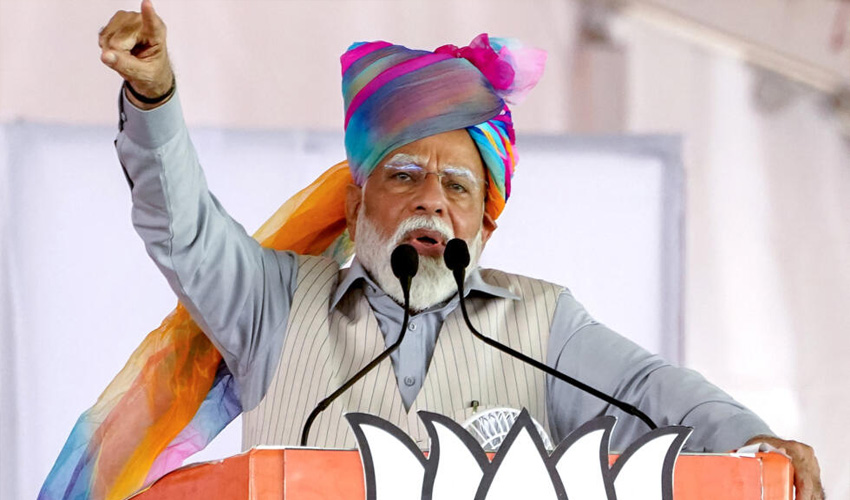A recent DW - a German media outlet - special documentary has shed light on the persistent issues of discrimination, violence, and marginalization by Muslims under the BJP-led Modi government.
The documentary delves into historical perspectives, highlighting that since the partition of the subcontinent, Muslims in India have often been subjected to extremist Hindu sentiments. The narrative emphasizes a pervasive failure to recognize Muslims as full citizens, citing numerous instances of communal violence and even allegations of genocide.
A focal point of the documentary is the tragic events of 2002 in Gujarat, where Hindu extremists carried out a massacre that claimed the lives of many Muslims in Ahmedabad's Gulberg Housing Society. Survivors of the brutal attack, including members of a Pathan family, recount harrowing experiences of loss and trauma, vividly describing how their loved ones were tragically burnt alive amidst the violence.
The role of Narendra Modi, then Chief Minister of Gujarat and now Prime Minister of India, during the 2002 massacre is critically examined. The documentary presents allegations that the violence occurred with the tacit support of the state government under Modi's leadership, a claim substantiated by various investigative reports.
Recent developments under Modi's tenure as Prime Minister further underscore the concerns raised in the documentary. The construction of a Ram temple at the site of the demolished Babri Masjid in Ayodhya, coupled with amendments to citizenship laws that critics argue disproportionately affect Muslims, have intensified apprehensions within the community.
The documentary also highlights international scrutiny of India's treatment of Muslims. Organizations such as Amnesty International and the United Nations have issued warnings and expressed concerns over reported human rights violations and discrimination against Muslims under Modi's administration.
As the documentary concludes, questions linger about the future of Muslims in India under Modi's leadership and the international community's response to these ongoing issues. The narrative challenges whether the plight of Muslims will continue to be overshadowed by political rhetoric and policies that exacerbate division and marginalization.



























